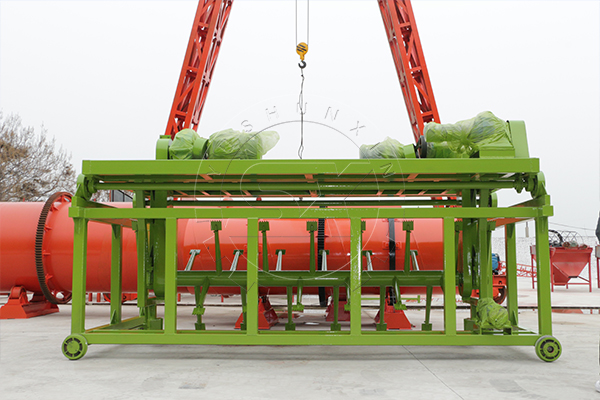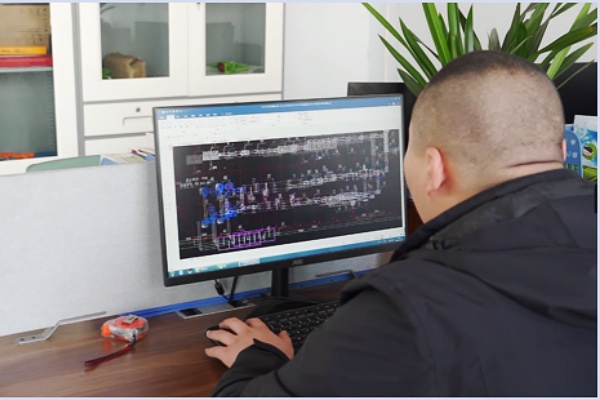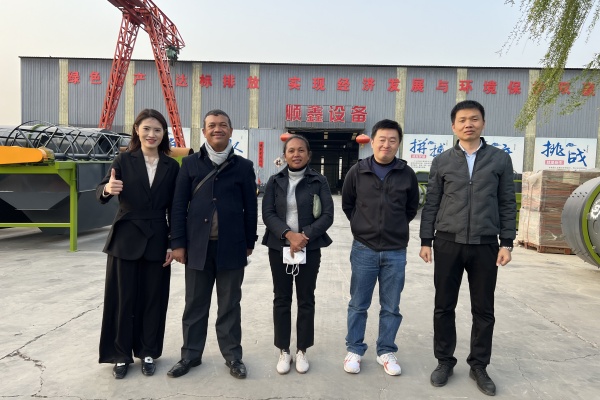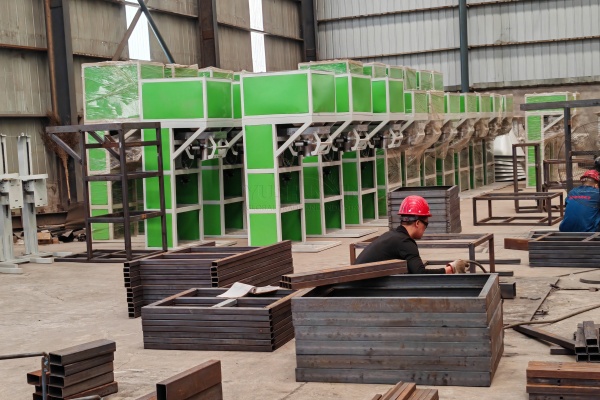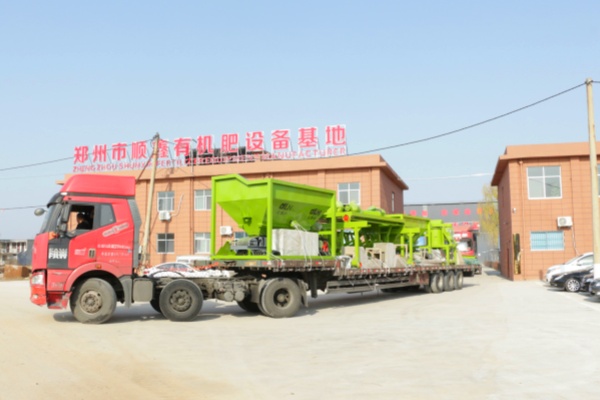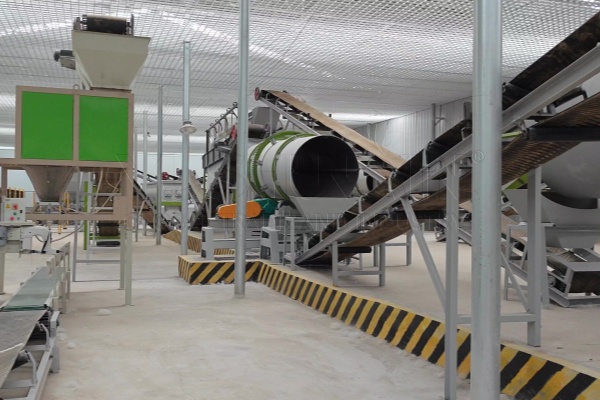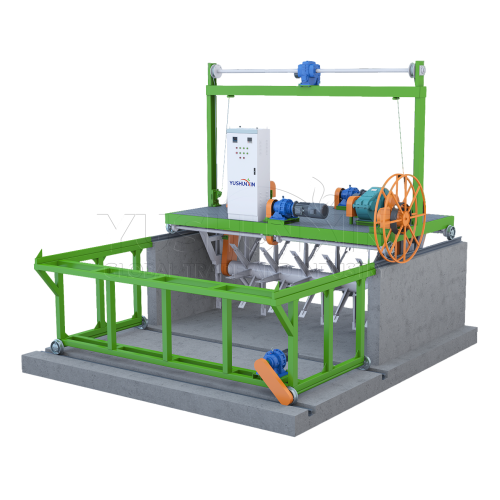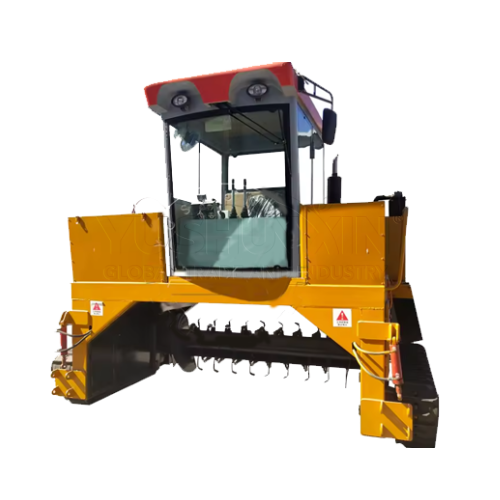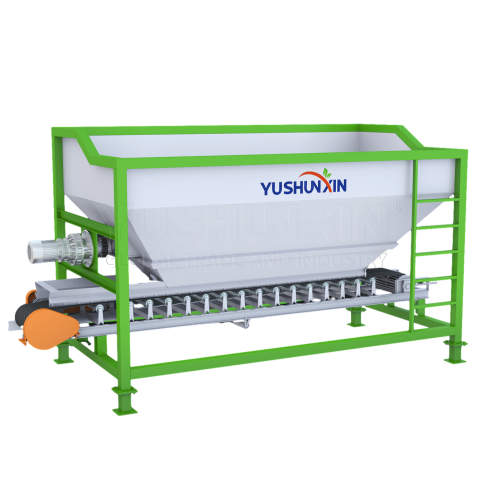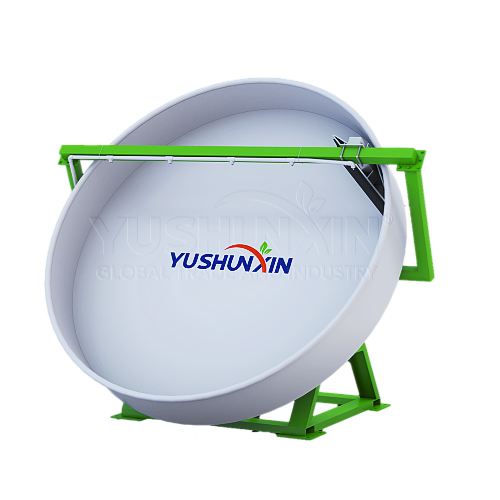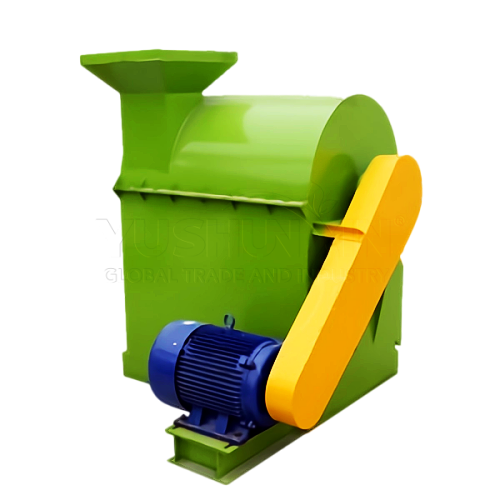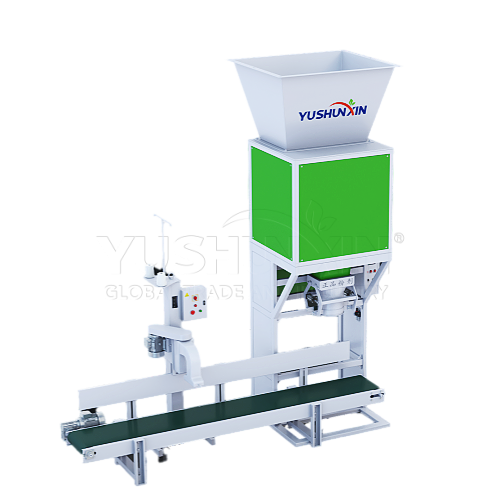Best Bio Composting Techniques You Must Know
Utilizing the aerobic fermentation technology, our compost machine promote organic waste into bio-organic fertilizer after high temperature decomposition. This process require optimizing control conditions such as temperature, moisture, PH value and C/N ratio. Moreover, you can apply the bio compost processed by our equipment directly to farmland soil or landscaping. Through deep processing, you also can make compost into organic fertilizer for sale in the market.
Aerobic fermentation is an exothermic oxidation and decomposition process in the presence of good ventilation effect and well-oxygenated conditions. Microbes oxidize part of the absorbed organic matter into simple inorganic matter through their own vital movement, releasing energy for microbial growth activities.
Another part of the organic matter is synthesized into new cytoplasm, so that microbes continue to grow and reproduce, resulting in the production of more organisms. Usually, aerobic composting has higher temperature, so it is also known as high-temperature composting.
Types of Bio Composter Machine
First Type Rail Type Bio Composter Machine
The wheel type compost turner has the largest width of 30 meters and the depth of 1.5-3 meters.
The equipment adopts the middle chain transmission mechanism to drive the two large wheel discs, and moves in a series of zigzags.
In the case of deeper stacked materials, the novel energy-saving mechanism is applied to accomplish the high-depth and large-span compost operation.
1. At the same workload, the energy consumption is 70% lower than that of traditional bio fertilizer compost equipment.
2. Meanwhile, the hydraulic lifting system ensures that the equipment is easily moved without obstacles.
3. The fully automatic electrical control system provides easy operation, safety and reliability of the equipment.
The use scenario of the wheel type compost turner is essentially the same as that of the ordinary groove type compost turner, with the exception that the price of the wheel type is higher than that of the ordinary groove type.
Because the span of the wheel type composter can be more than 6 meters with a single groove, then it will reduce the investment in civil engineering under the same area of the site.
- The chain plate type turner is a groove-type aerobic compost and fermentation turner that combines turning and transferring functions.
- Its appearance is similar to a mobile chain conveyor, with multi-tooth chain plates to break up the material, conveying, and other operations.
- The travel speed is quick, and the turning depth can approach 2 meters.
1. The capacity is large, as is the composting depth.
2. It has the largest handling ability among all composters, as well as more advanced technology and higher equipment cost.
3. Meanwhile, it has the most important advantage that it can realize the automatic discharge work of fermented materials, which considerably improves production efficiency.
4. It reduce the forklifts’ frequency in and out of the fermentation groove, as well as the safety risks of human operation and the impact of human factors on production efficiency.
It’s suitable for organic fertilizer processing plants with site-specific constraints but excessive output.
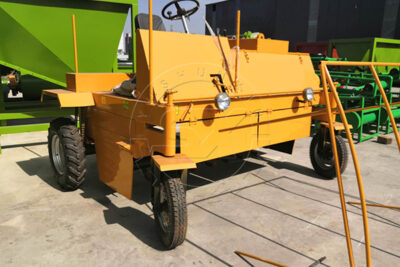
Self-propelled composter
Self-propelled stacker with four-wheel walking design, can move forward, backward and turn around, and needs one person to control.
The whole vehicle rides across an long strip of fertilizer base in advance preparation, and the function of rotary knife is to turn, loosen and move, and finally the machine pass and form a new pile.
- You can use the machine in the open air or in the workshop.
- It is the most affordable type of composter.
- It is usually equipped with a canopy, and can also be designed with a cab based on customers’ requirements.
The tyred compost machine is lighter and more flexible, appropriate for a wide range of organic fertilizer production facilities.
However, due to their limited processing capacity, it is well suitable for small and medium scale organic fertilizer plants and farms for processing manure.
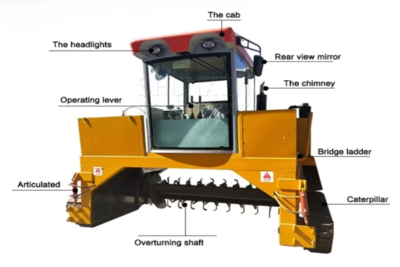
Crawler Type Compost Turner for Bio Compost
The crawler type compost turner adopts full hydraulic operation system, lever type steering wheel operation, and crawler type travel with high horsepower diesel engine. It adopts the design of lifting the whole frame, which can make the operation more convenient when the work site is moved and the turning height needs to be changed.
- The machine has a compact design, simple operation, and workplace saving.
- Full hydraulic power design makes basically no mechanical wear and tear, and ensures low warranty rate.
- The biggest feature of the machine integrates the crushing function of the later fermentation process and improves the efficiency of crushing.
Crawler type compost turner has stronger turning ability and greater output, and is generally suitable for a little larger organic fertilizer plants or farms.
Third Type Bio Composter Machine of Fermentation Pot
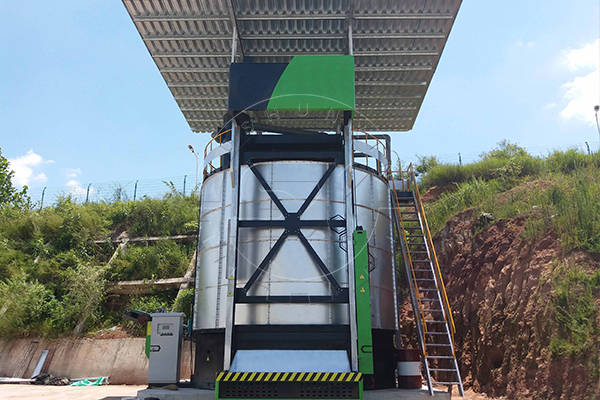
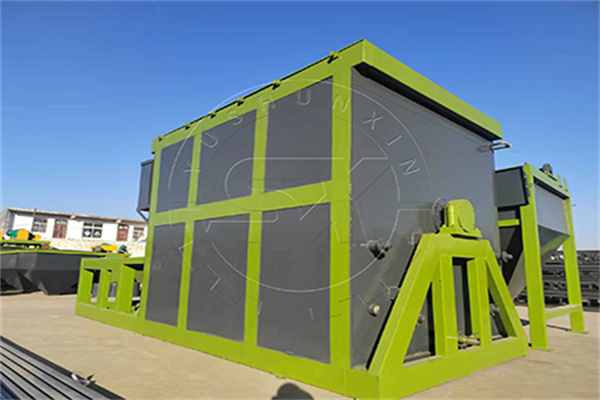
What Are Control Conditions of Composting Periods?
What Does A Bio Composter Machine Do in fertilizer Production Process?
Quality Bio Composts Made by Our Fertilizer Equipment!

Get Free Quote Now!


